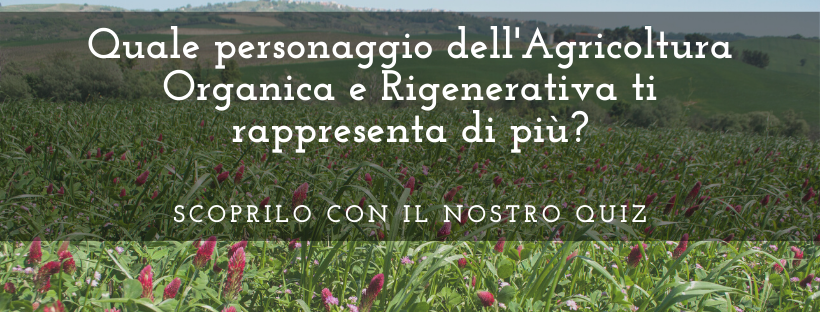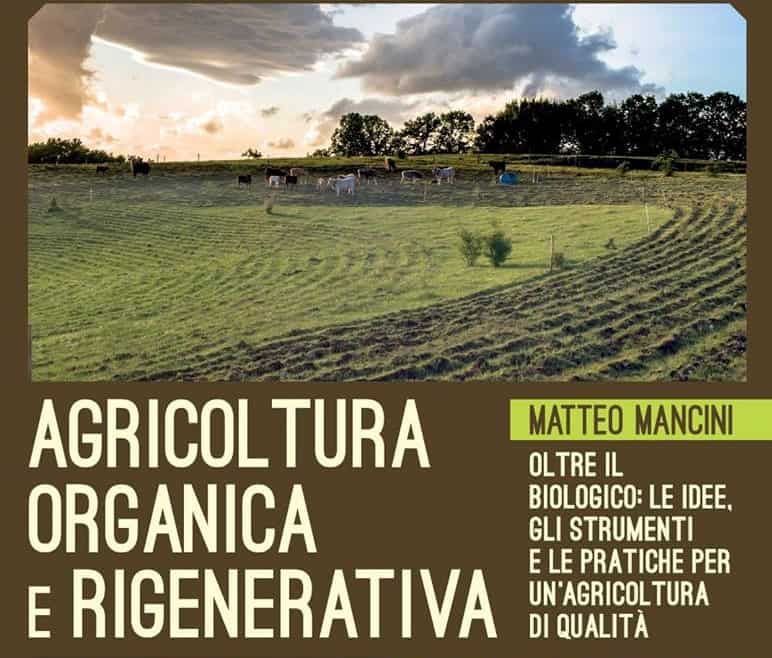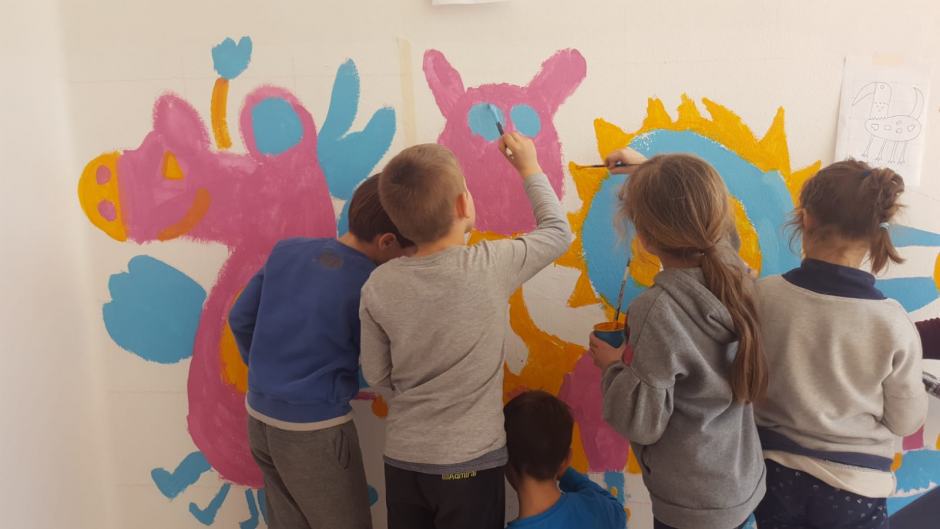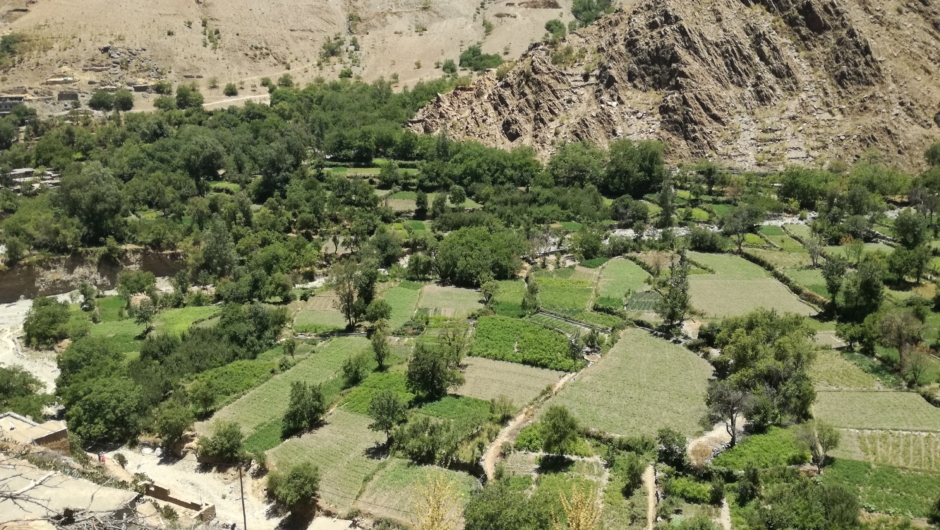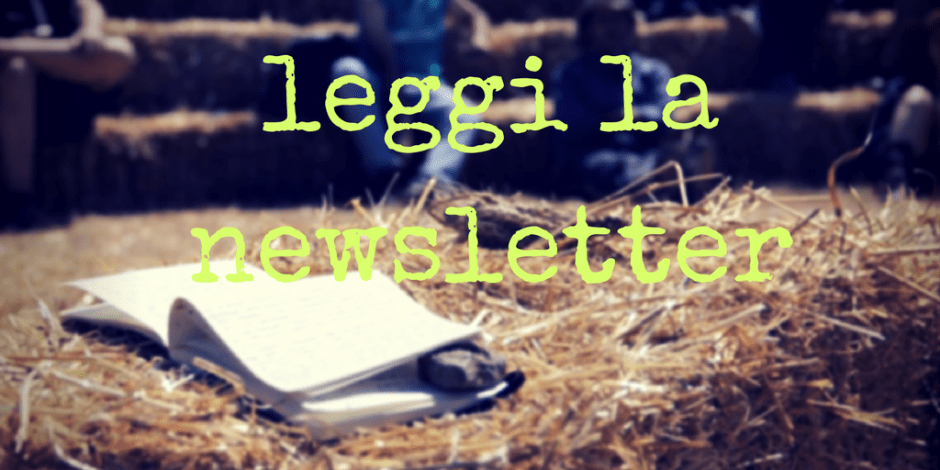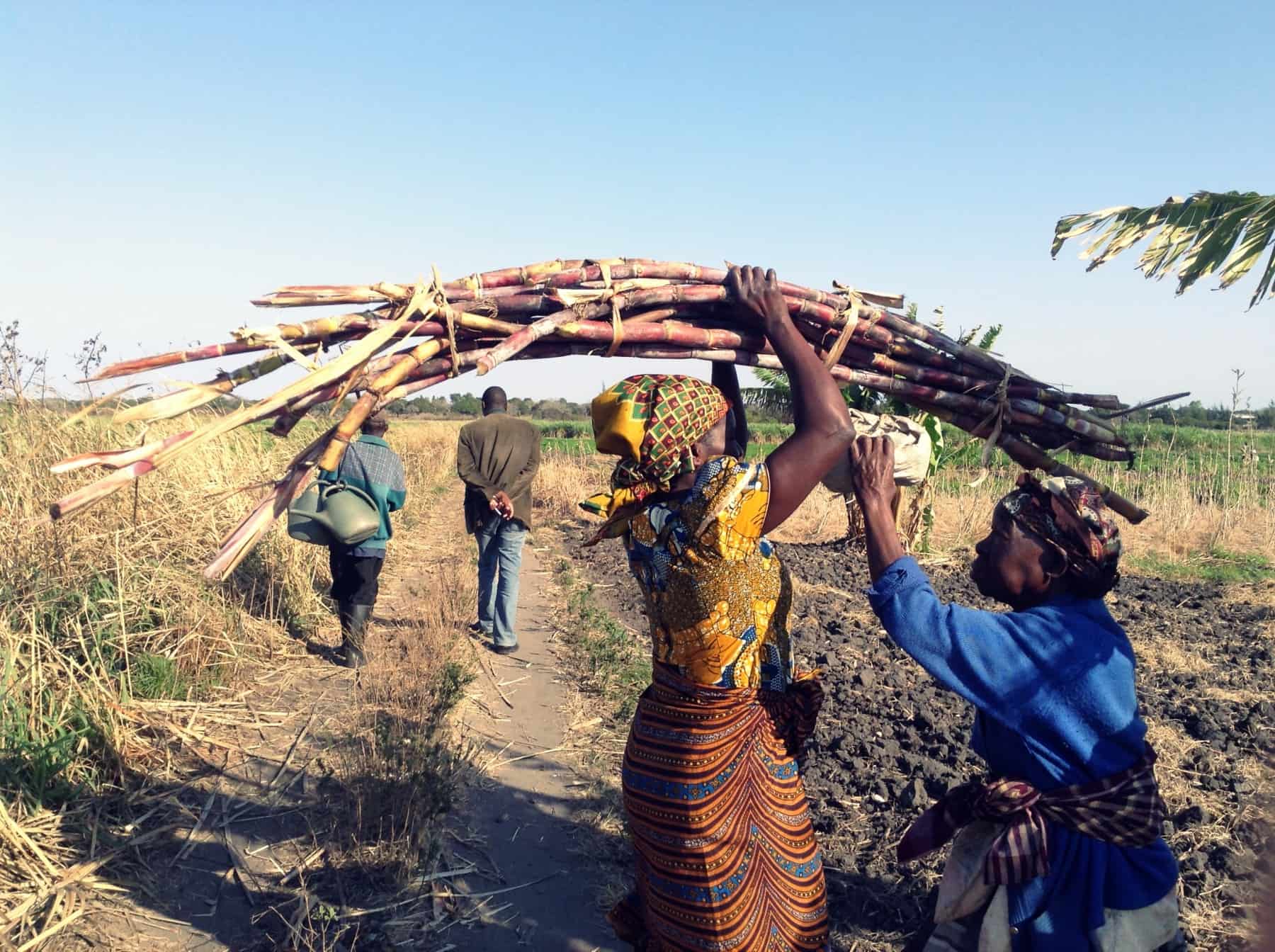Global Citizenship Education
"No one educates anyone else nor do we educate ourselves, we educate one another in communion in the context of living in this world"
Paulo Freire
A greater involvement of the world population into international phenomena is necessary for several reasons: the failure of existing measures to guarantee a fairer distribution of wealth between the global north and south; the questioning of democracy as the only legitimate political model; the rising threat of global warming; the increase of mass migration; and the growth of world demography. The gravity of these factors is bringing up the necessity for a more widespread and accessible education on their causes and consequences.
Global Citizenship “refers to a sense of belonging to a broader community and common humanity. It emphasises political, economic, social, [environmental], and cultural interdependency and interconnectedness between the local, the national and the global.” (UNESCO, 2015). Education to this concept can result into several forms of public engagement such as school workshops, conferences, seminaries, and any other pedagogical form.
Global Citizenship Education is a form of civic education which, differently from the national one, refers to the sense of belonging to a global community which lacks any legal status. Promoting it means supporting the importance of belonging to the human race over national citizenship. Among the subjects that promote it are schools and universities, NGOs, independent associations, the international Baccalaureate, various local and national governmental bodies, the EU, and UNESCO.
GCE courses develop in the world according to the context and local values rather than to a single model. Regardless to their structure, GCE programs aim to shed light on links and interdependencies among different geographies in the world, on their origins, and on their consequences. The objective is to train more aware, respectful, proactive, and responsible generations in the fields of politics, economy, culture, and environment.
What Deafal does in the sector
Objective: contributing to the change of society, stimulating individual and collective action through a network of aware citizens who respect the environment, food sovereignty and critical consumerism.
Capitalizing on its solid experience in the socio-educational sector, Deafal promotes the consolidation of the sense of belonging to the global community, particularly in the sectors of environmental sustainability and social inclusion. These are areas where interconnections and interdependencies among different regions are highly relevant for the sustainability of the planet; and where it is possible to distinguish the global consequences of local choices, particularly for what concerns consumerism.
Deafal organizes and takes part in public initiatives, and collaborates with schools to promote encounters between producers and consumers as equally crucial members in environmental processes. It promotes conscious consumerism, waste reduction, and participation into Community Supported Agriculture (CSA). Deafal realises artistic and expressive activities (photo exhibitions, book readings, theatre workshop and plays) on the topic of Global Citizenship Education

